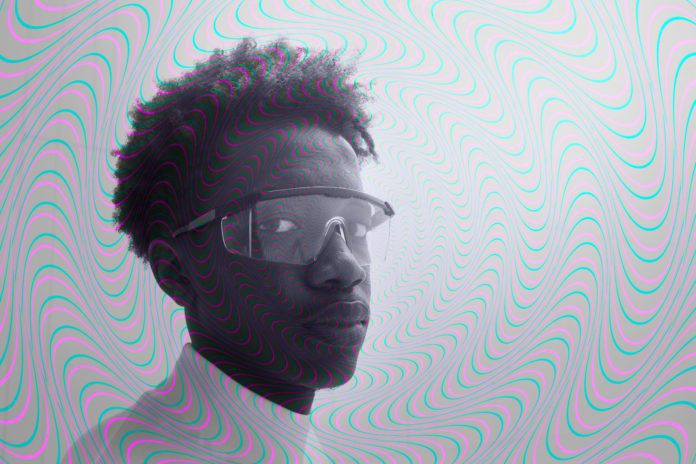Psychedelics are gaining in routes into the healthcare industry. So far, it has shown success when it comes to treating complex human conditions. It is an option that should bring solutions to situations that are not easy to treat. It has implications for nursing knowledge and the practice as a whole all over the world.
Nursing education is a diverse topic, and anyone interested in becoming a registered nurse should go through the proper education channel. You might want to start with checking the available registered nurse (RN) courses to know which path your career should take. Notably, psychedelics-assisted therapy is not as straightforward as you may think it is. It will help if you understand what it is all about and its implications for all the nurses in practice.

The Psychedelics Renaissance
Psychedelics have been around for a while, but it was not until recently that it became an essential part of nursing education. Research on psychedelic drugs started in the 1950s, but it changed dramatically after introducing the medications to the American Youth culture. Congress passed the controlled substance act in 1970. The legislation purpose was to start categorizing substances such as psychedelic drugs into five schedules.
Despite all the efforts to get psychedelics to the next level, progress was relatively slow. It was not until the early 2000s that some researchers from John Hopkins University received the green light from the government to start experimenting with psychedelics.
In 2006, the researchers had their first paper, which showed details about the safe, positive, and lasting effects of psilocybin. Psilocybin is a psychedelic compound found in specific mushrooms. This was the start of the psychedelic renaissance.
To develop a solid, transparent science
Nursing education is pretty diverse and detailed, and while there are many nursing theories involved, psychedelics play a significant role in developing a more robust and transparent science.
The basis of the nursing practice is to provide quality care to patients and ensure the service goes beyond bedside care. Since the resurgence of psychedelics, it has aimed to develop a solid and transparent science that the healthcare sector can rely on. Despite the psychedelics’ concerns, it attracts public interest and has become a significant component of nursing education.
Protecting Scientists
The goal of psychedelics in nursing education is partly to prove that it is safe and can be relied upon in many aspects. Since its resurgence, legal psychedelic research has been brought about since scientists require all the protection they can get while exploring this new field.
The primary reason is that skeptical policymakers and institutional gatekeepers cannot help but be against their research. There cannot be any progress as long as scientists are not allowed to analyze. This is where psychedelics in nursing education come in. It is an assurance for finding as much information as possible.
To communicate research limitations
Since the renaissance, the last thing the healthcare industry needs is research getting limited. Thanks to psychedelics in nursing education, there is better communication to indicate research limitations.
Since there are already strict and impertinent public, private and media stakeholders, every step and finding is closely monitored, and there is little room for error. The emphasis is to ensure the potential of psychedelics is fully exploited, and it makes significant progress in healthcare.
The research concerning psychedelics is pretty complicated. While all the rules and regulations involved may not be applicable, researchers must follow the laid principles whenever possible.
Helps in testing assumptions
There is not enough information concerning psychedelics as a field, but it becomes easier to test assumptions when involved in nursing education. It is a comfortable solution for optimizing various treatment models.
Notably, mental health has been a significant point of concern, and there are no grounds for assumptions. The point is trying to help minimize harm and maximize the potential benefits that psychedelics have to offer.
Promoting the role of nurses
The nurse’s role in psychedelic-assisted therapy and research has never been a priority. It has remained invisible and underexplored and undefined for a long time when that should not be the case. However, with its involvement in nursing education, it has become ideally positioned to contribute to the future of one of the most promising fields in the healthcare industry.

Nurses are supposed to ensure there is a safe, ethical, and interdisciplinary practice. They are at the center of everything concerning the healthcare industry and remain vital in providing the best care possible for patients. The introduction to nursing education is a massive step in realizing the full potential that psychedelic drugs offer.
Appropriate use can have some fantastic positive effects on healthy individuals. It has captured the attention of many researchers since it can bring about lasting changes to the wellbeing and purpose of an individual. Every new finding has to go through many scrutinies for a field that has not been pursued well, but nursing education aims to make the process more comfortable.
